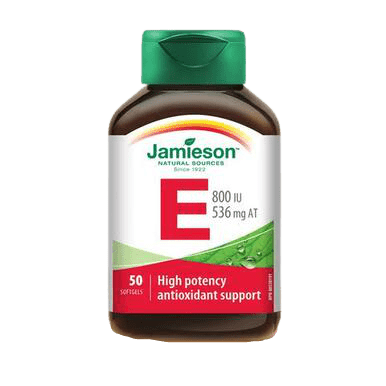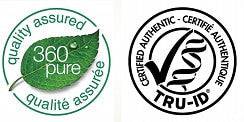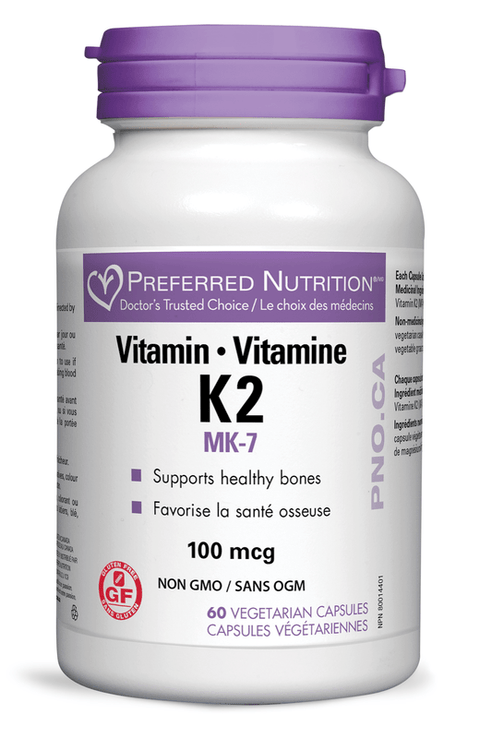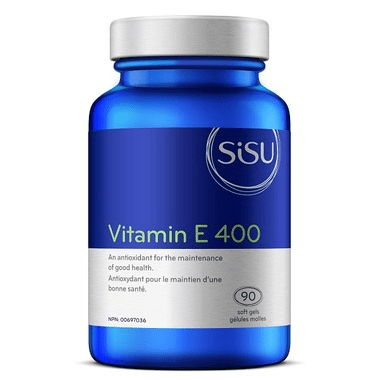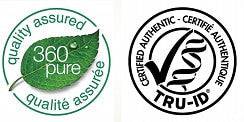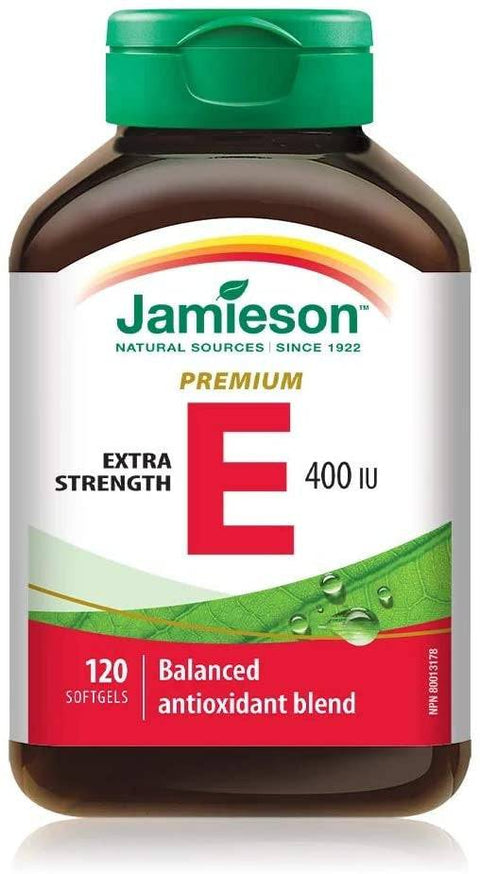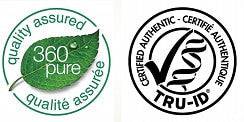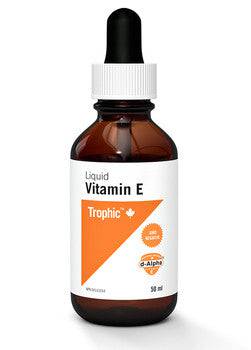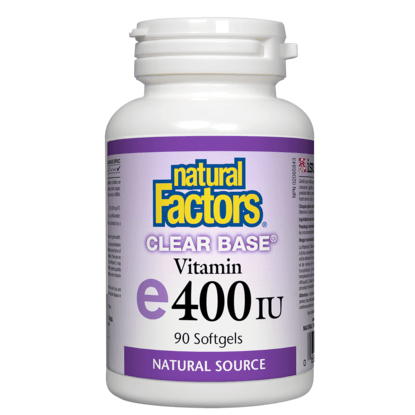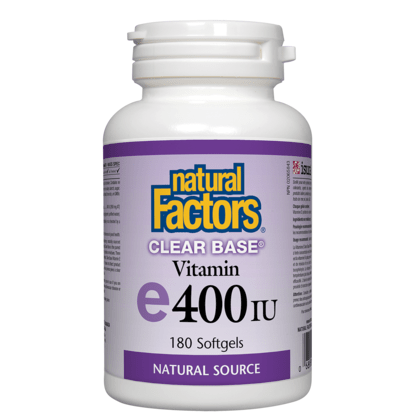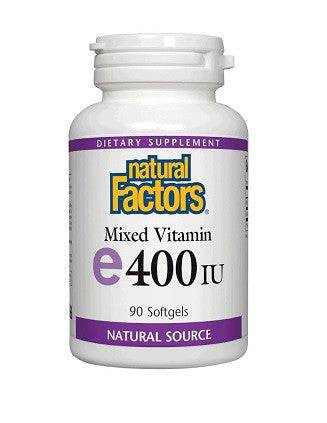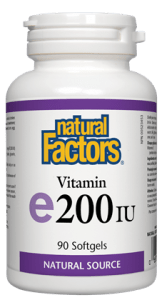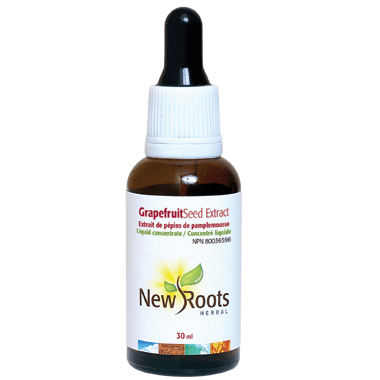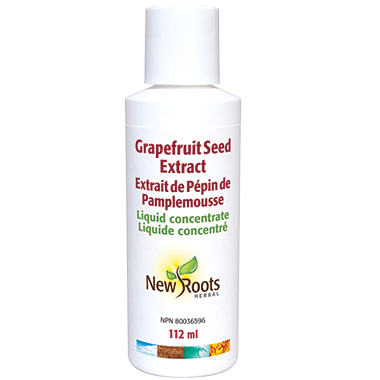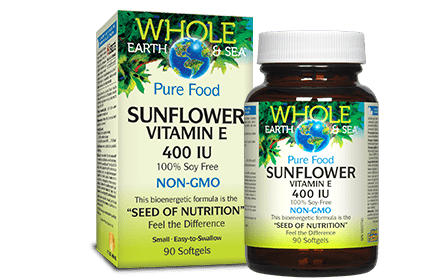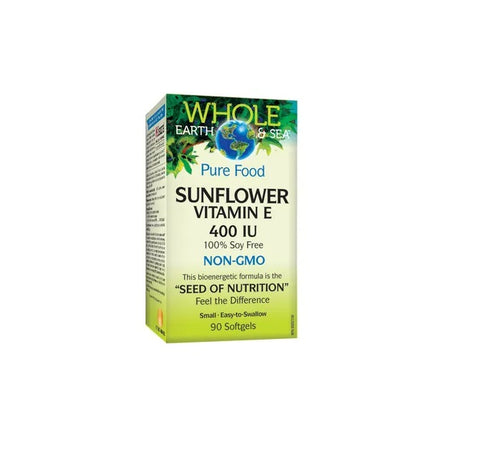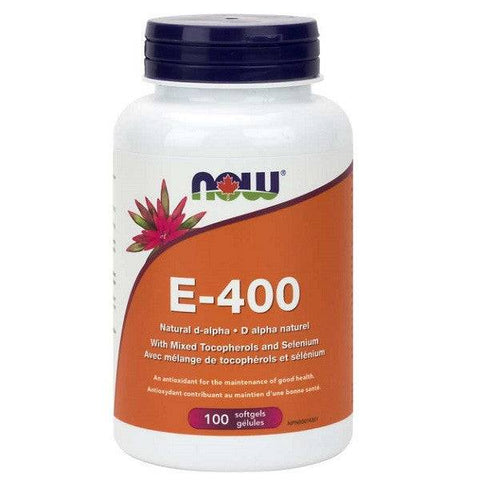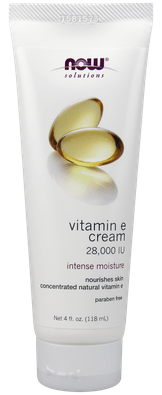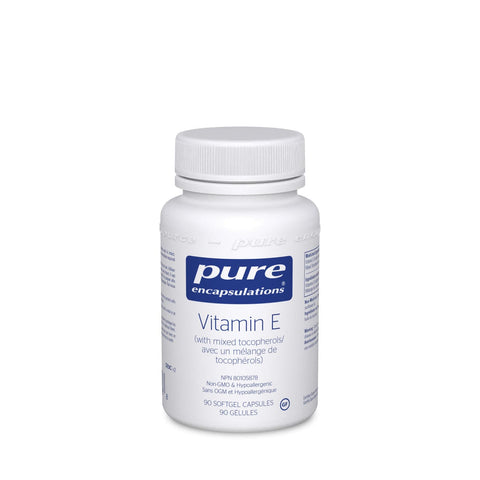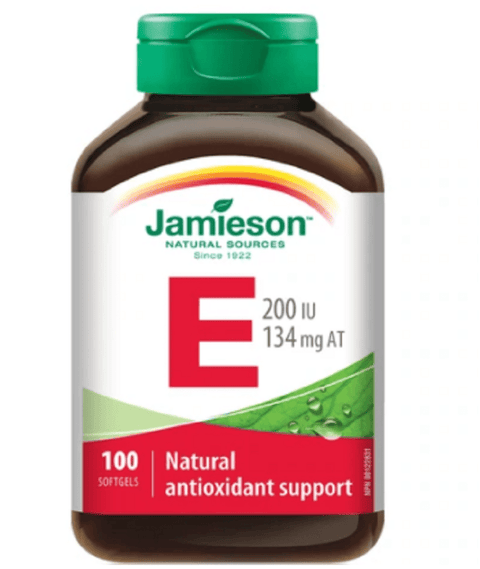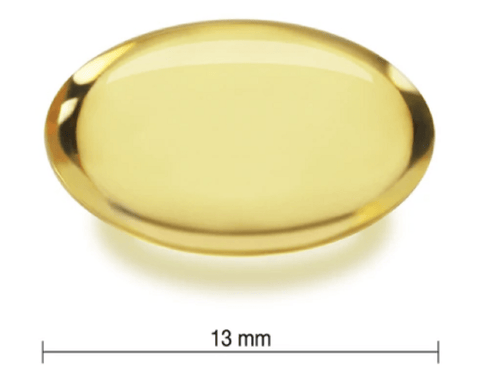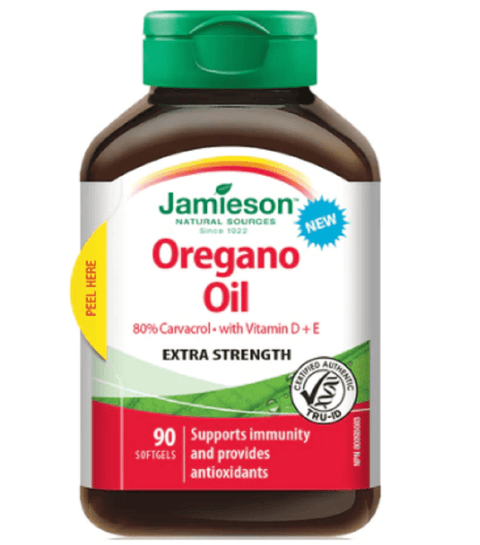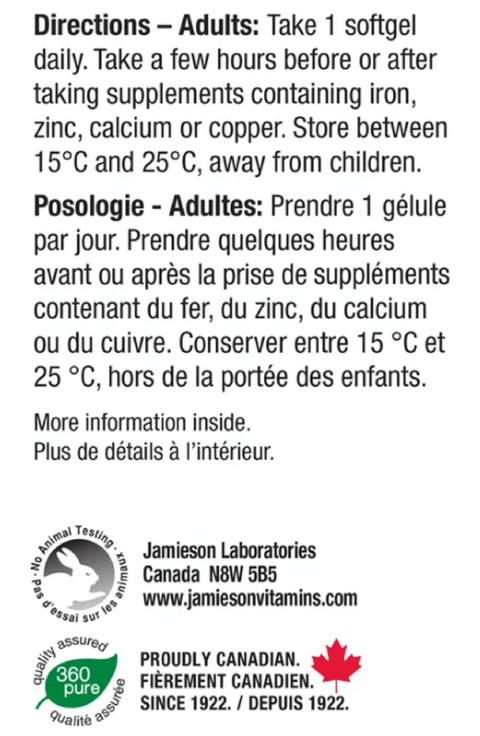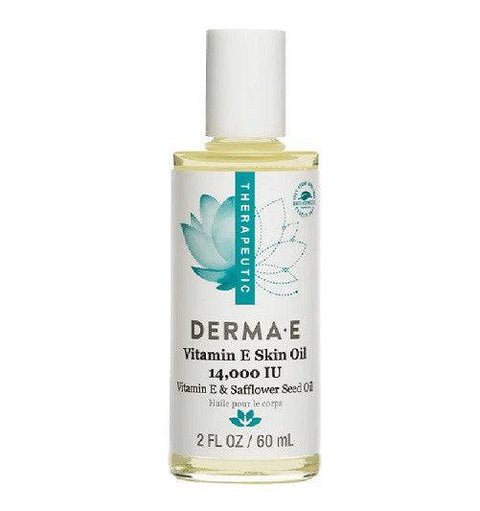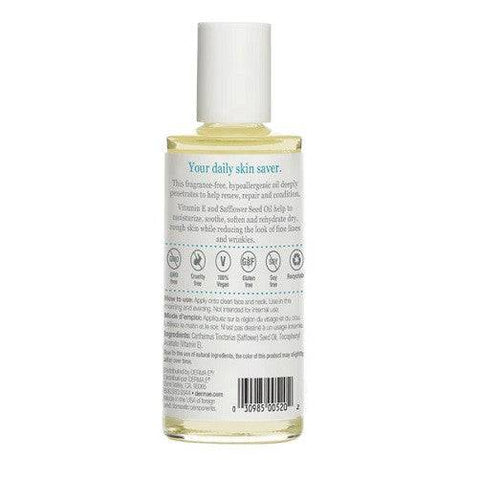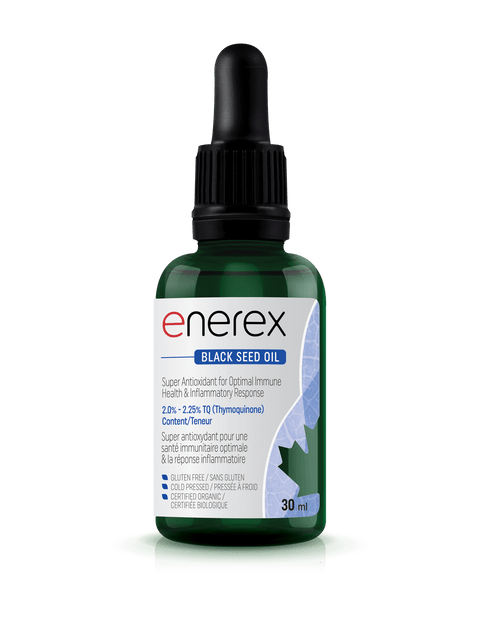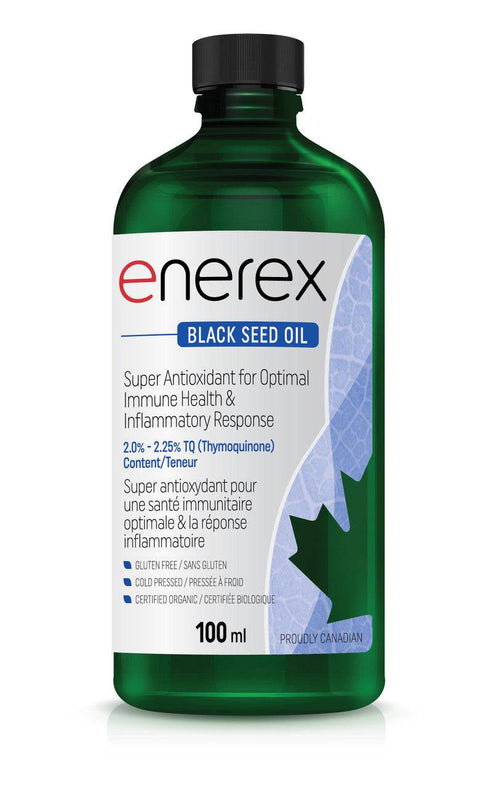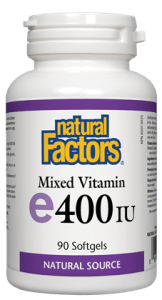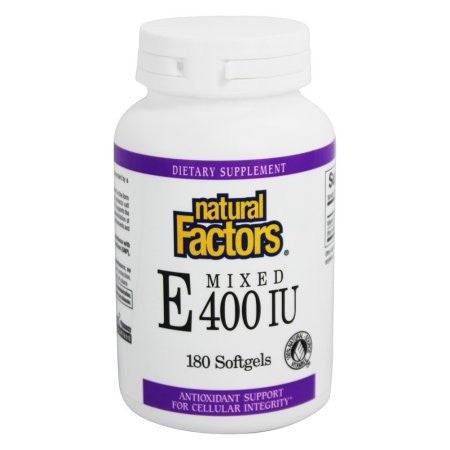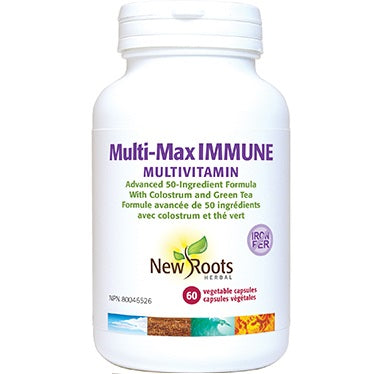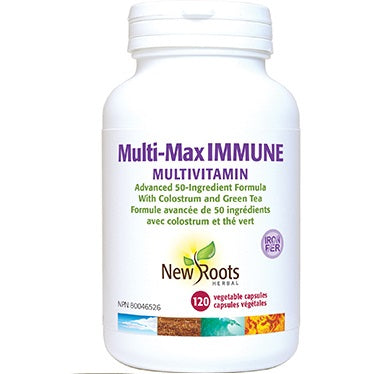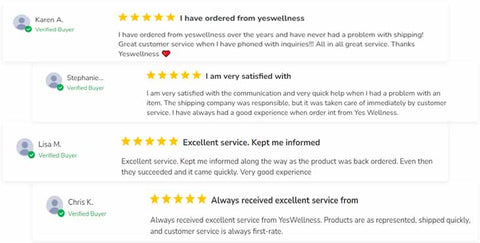Vitamin E supplements come in various forms to suit your needs and preferences, offering this essential nutrient in a convenient way. Here's a breakdown of the different options available:
Dosage Forms:
- Capsules, Softgels, Tablets, and Gelcaps: These pre-measured doses offer a simple and controlled way to take your daily vitamin E.
- Liquid and Oil: These options might be easier to swallow for some, but they may have a stronger taste and require careful measurement.
Natural vs. Synthetic:
- Natural Vitamin E: This form comes from food sources and contains various tocopherols (alpha, beta, gamma, and delta) and tocotrienols. Alpha-tocopherol is the most biologically active form for humans.
- Synthetic Vitamin E: This lab-made version typically contains only dl-alpha-tocopherol, which is less bioavailable than the natural form (d-alpha-tocopherol).
Types of Vitamin E:
- Mixed Tocopherols: This type contains a blend of different natural tocopherols.
- Alpha-Tocopherol: This is the most common form found in supplements, often as d-alpha-tocopherol (the natural form) or dl-alpha-tocopherol (the synthetic form).
- Gamma-Tocopherol: While present in some supplements, it has lower biological activity than alpha-tocopherol.
Benefits:
- As an Antioxidant: Vitamin E helps protect cells from damage caused by free radicals, potentially contributing to overall well-being.
Supplement vs. Dietary Sources:
- Dietary Supplement: Fills nutritional gaps if you struggle to get enough vitamin E from your diet.
- Dietary Sources: Focus on including foods rich in vitamin E, such as nuts, seeds, vegetable oils, and leafy green vegetables.
Uses:
- Daily Supplementation: Supports overall health and well-being.
- Topical Applications (for Skin, Hair, and Nails): Some people use vitamin E oil or creams for potential beauty benefits like hydration, radiance, and anti-aging effects. However, research on topical benefits is mixed.
Important Considerations:
- Consult your doctor before starting any new supplement, especially if you have underlying health conditions or take medications.
- High doses of vitamin E may have side effects, so it's crucial to follow recommended dosages.
Remember:
A balanced diet rich in natural sources of vitamin E is ideal. Supplements can be a helpful addition, but consult your doctor to determine if they're right for you.


